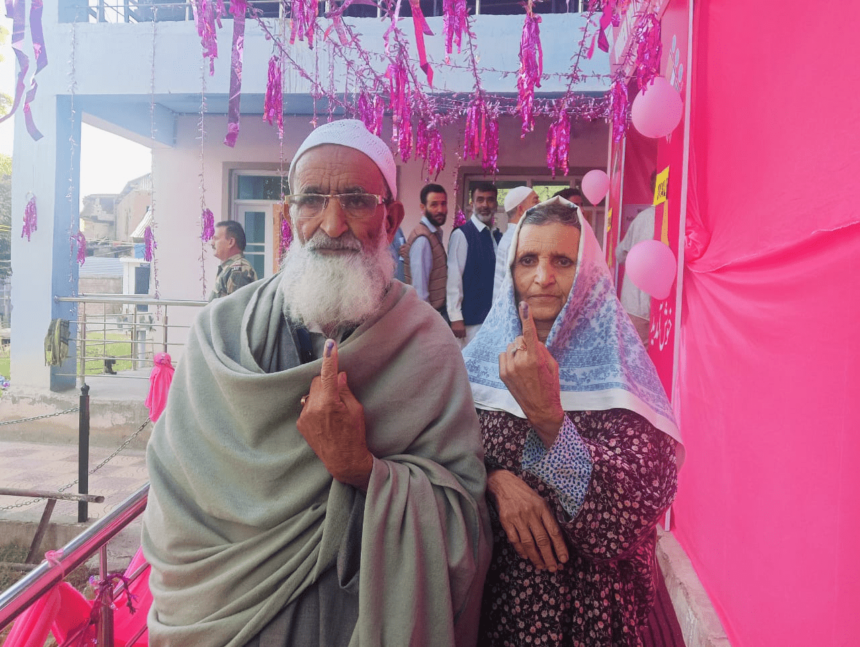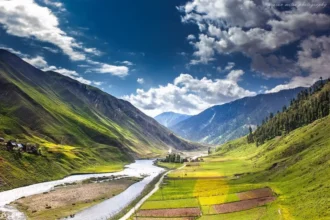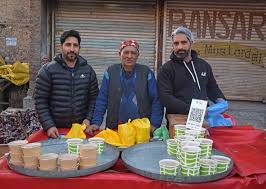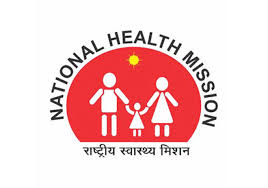The recent assembly elections in Jammu and Kashmir (J&K) have marked a significant moment in the region’s democratic journey, with over 69% voter turnout recorded in the third phase of polling. This figure, reported on October 2, 2024, reflects a renewed enthusiasm for democratic participation after a decade-long hiatus since the last assembly elections in 2014. The elections were conducted in three phases, with the first two phases recording turnouts of 61.38% and 57.31%, respectively, culminating in an impressive 69.65% turnout across 40 constituencies during the final phase.
Context of the Elections
The J&K assembly elections are particularly noteworthy as they are the first to occur after the abrogation of Article 370 in August 2019, which revoked the region’s special status. The Supreme Court mandated that these elections be held by September 30, 2024, reinforcing the need for democratic processes to be restored in the region.
In a statement reflecting on this electoral exercise, Chief Election Commissioner Rajiv Kumar emphasized that these elections symbolize a deepening of democracy in J&K, suggesting that they will inspire future generations to engage in civic duties. The peaceful conduct of these elections stands in stark contrast to previous years marred by violence and political unrest.
Comparative Analysis of Voter Turnout
The voter turnout statistics from this election cycle reveal a significant increase compared to previous years:
- 2014 Assembly Elections: The last assembly elections saw various constituencies experiencing boycotts and low participation due to security concerns and political disenfranchisement.
- 2024 Assembly Elections:
- Phase 1: 61.38%
- Phase 2: 57.31%
- Phase 3: 69.65%
This upward trend indicates a growing confidence among voters, particularly in areas previously known for militancy and electoral boycotts. Notably, constituencies like Pulwama and Shopian saw increases of 12.97% and 9.52%, respectively, compared to their previous performances.
District-wise Voter Turnout Highlights
The voter turnout varied across different districts, showcasing regional engagement levels:
- Samba: 75.88%
- Udhampur: 76.09%
- Kathua: 73.34%
- Bandipora: 67.68%
- Baramulla: 61.03%
- Kupwara: 66.79%
- Jammu: 71.40%
These figures underscore a robust civic engagement across diverse demographics, including first-time voters among the electorate of approximately 87 lakh.
A New Era for Democracy
The peaceful execution of these elections without significant incidents of violence is seen as a pivotal moment for J&K’s political landscape. In contrast to the 170 incidents reported during the last assembly elections in 2014, this year has seen no major law and order issues. Such stability is crucial for fostering an environment where democracy can thrive.
Moreover, the establishment of special polling stations for migrant voters indicates an inclusive approach aimed at ensuring that all voices are heard in this democratic process.
Inspirational Reflections on Voting
As we reflect on this historic electoral event, it is essential to recognize the power of voting as a fundamental right and civic duty. Quotes from influential figures resonate deeply during such times:
- “The ballot is stronger than the bullet.” – Abraham Lincoln
- “Voting is how we keep a government of the people, by the people, and for the people.” – Hillary Clinton
- “Democracy is not just the right to vote; it is the right to live in dignity.” – Naomi Klein
End of Election Boycott
The successful completion of the J&K assembly elections with over 69% voter turnout signifies more than just electoral participation; it marks a pivotal moment in the region’s history where citizens reclaim their voice after years of turmoil. As counting approaches on October 8, 2024, this election cycle stands as a testament to resilience and hope for a brighter democratic future in Jammu and Kashmir.







